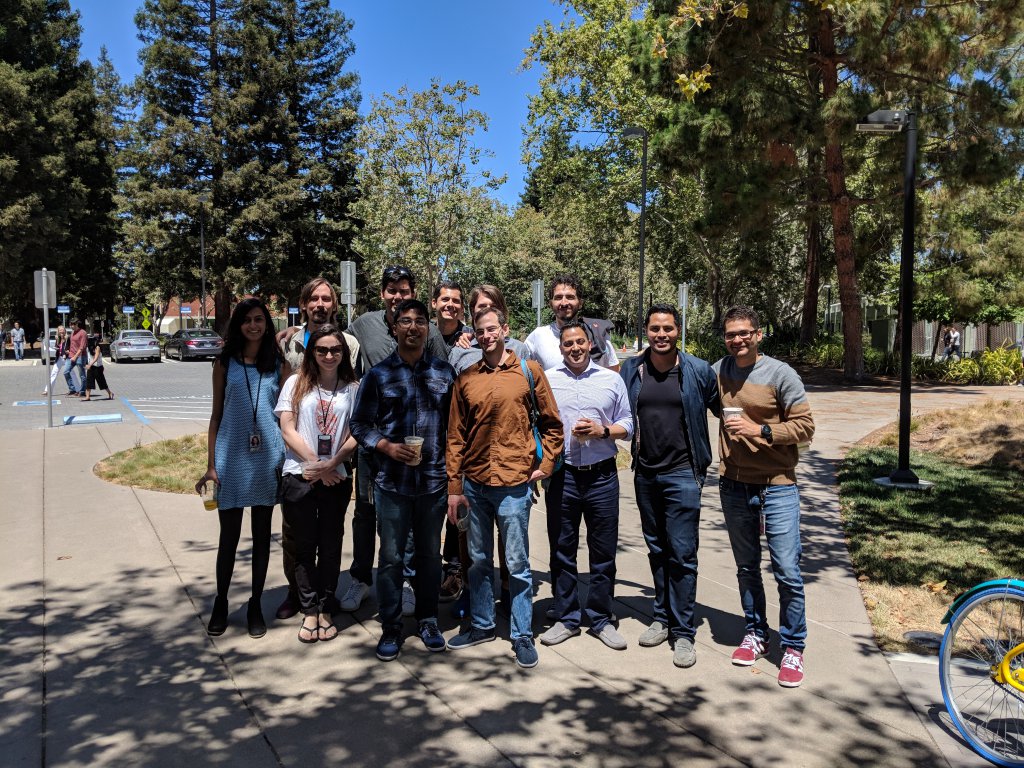
Bangladesh is Google’s new niche. Source: Shutterstock
Google finds a new niche to tap into — in Asia
BANGLADESH has a population of 163 million, while the UK and Australia have about 65.64 million and 24.13 million. However, there are some unique characteristics about Bangladesh that make it interesting to Google.
The country has a young demographic with 2 million millennials joining the workforce every year — and although many of them don’t qualify for white collar or ‘office’ jobs — they’re all equipped with a smartphone and are literate to quite an extent.
They’re perfect for Google’s newest venture — Kormo — incubated inside of its Area 120 program and led by long-time Google-r Bickey Russell. The project also perfectly fits into the company’s ambitions to “solve day-to-day problems of the next-billion users through technology”.
“Kormo is an app that is trying to help solve the issues in Bangladesh’s informal jobs sector. Employers in the country looking for delivery and logistics support staff, grassroots-level managers, and salespeople, for example, struggle to find the right people for the job,” explained Russell in an exclusive interview with Tech Wire Asia.
“Similarly, new workers, especially those outside the personal network of those offering the jobs, find it difficult to look for suitable jobs. That’s where Kormo comes in. It serves as a platform to bridge the gap between the employers and the job seekers in the country.”
And although a big challenge for Bangladesh, the problem isn’t unique to the small Southeast Asian country. It’s something countries like India, Indonesia, Malaysia, and the Philippines also suffers from. Their combined population makes for an even more interesting proposition for Google.
Russell started the program while in Mountain View, California, but chose Bangladesh simply because he understood the land and the people having been educated in the country’s capital before moving to the UK for his graduate course.
Kormo, the Bangla (language) word for work, is well-understood in Bangladesh. When it’s scaled out to other countries, the name might need a re-think and Russell is entirely comfortable with the idea so long as it resonates with the people his app serves.
Founded by Russell in 2016, the app now consists of 12 people working full time on the product, and drives engagement by collaborating with local organizations such as BRAC, 10 Minute School, and Don Sumdany Facilitation who help spread the word among users and drive engagement.

Team Kormo currently has 12 members. Source: Google / Area 120
Operational in beta for almost a year, the app has onboarded more than 1,000 employers through an early access program and helped them fill more than 21,000 positions in Bangladesh’s informal economy.
While the value proposition of Kormo sounds very similar to that of LinkedIn — and has some overlaps with Google’s own Hire, one look at the app will reveal that the target audience and job profile it supports is very different.
“Kormo is very focused on the informal economy. It equips job seekers to build a CV, find jobs that are relevant to their interests and preferences, and helps them learn new skills via its training program. Employers, on the other hand, benefit as they’re provided with the 10 best applicants (out of hundreds or thousands of potential applicants) for any job opening they post,” explained Russell.
Area 120 hasn’t revealed any plans to make the app available beyond Bangladesh at the moment, but it’s something that’s already on the team’s mind. They’re keen to tap into the informal economy in Asia and make Kormo Google’s next success story.
READ MORE
- Strategies for Democratizing GenAI
- The criticality of endpoint management in cybersecurity and operations
- Ethical AI: The renewed importance of safeguarding data and customer privacy in Generative AI applications
- How Japan balances AI-driven opportunities with cybersecurity needs
- Deploying SASE: Benchmarking your approach




